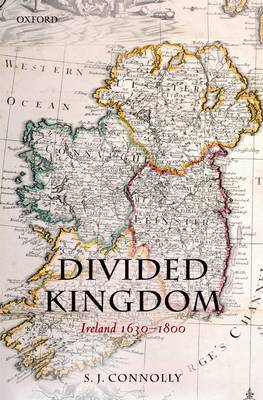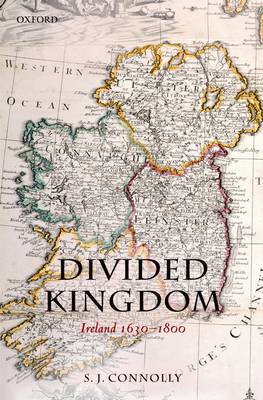
- Afhalen na 1 uur in een winkel met voorraad
- Gratis thuislevering in België vanaf € 30
- Ruim aanbod met 7 miljoen producten
- Afhalen na 1 uur in een winkel met voorraad
- Gratis thuislevering in België vanaf € 30
- Ruim aanbod met 7 miljoen producten
Zoeken
€ 66,45
+ 132 punten
Omschrijving
For Ireland the seventeenth and eighteenth centuries were an era marked by war, economic transformation, and the making and remaking of identities. Continuing the story he began in Contested Island, Sean Connolly examines the origins of modern Irish political and cultural identities, and the relationship between past and present.
Specificaties
Betrokkenen
- Auteur(s):
- Uitgeverij:
Inhoud
- Aantal bladzijden:
- 544
- Reeks:
Eigenschappen
- Productcode (EAN):
- 9780199583874
- Verschijningsdatum:
- 19/08/2010
- Uitvoering:
- Paperback
- Afmetingen:
- 159 mm x 233 mm
- Gewicht:
- 816 g

Alleen bij Standaard Boekhandel
+ 132 punten op je klantenkaart van Standaard Boekhandel
Beoordelingen
We publiceren alleen reviews die voldoen aan de voorwaarden voor reviews. Bekijk onze voorwaarden voor reviews.











